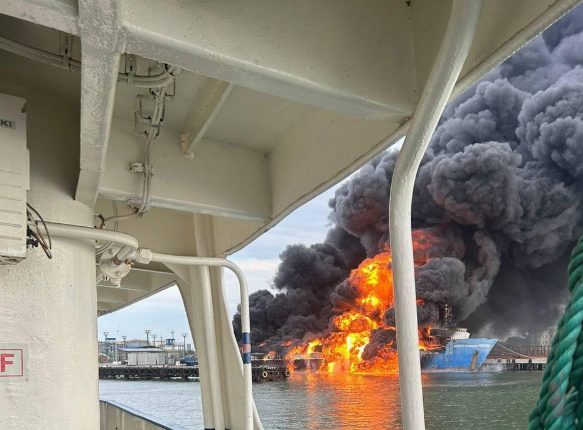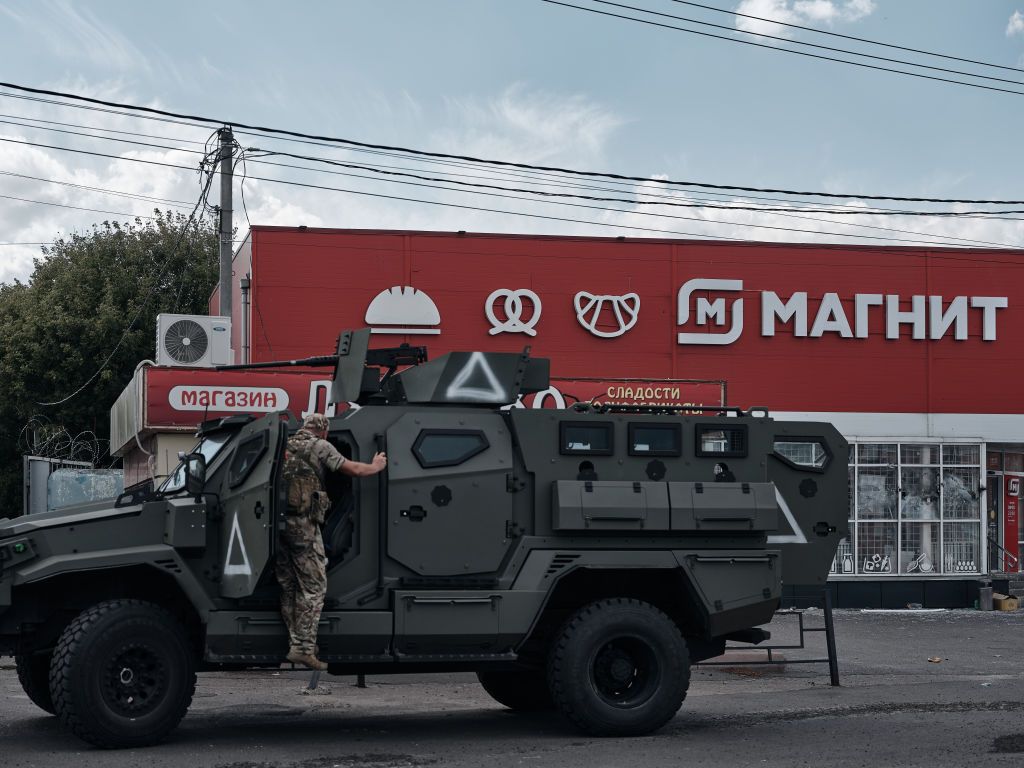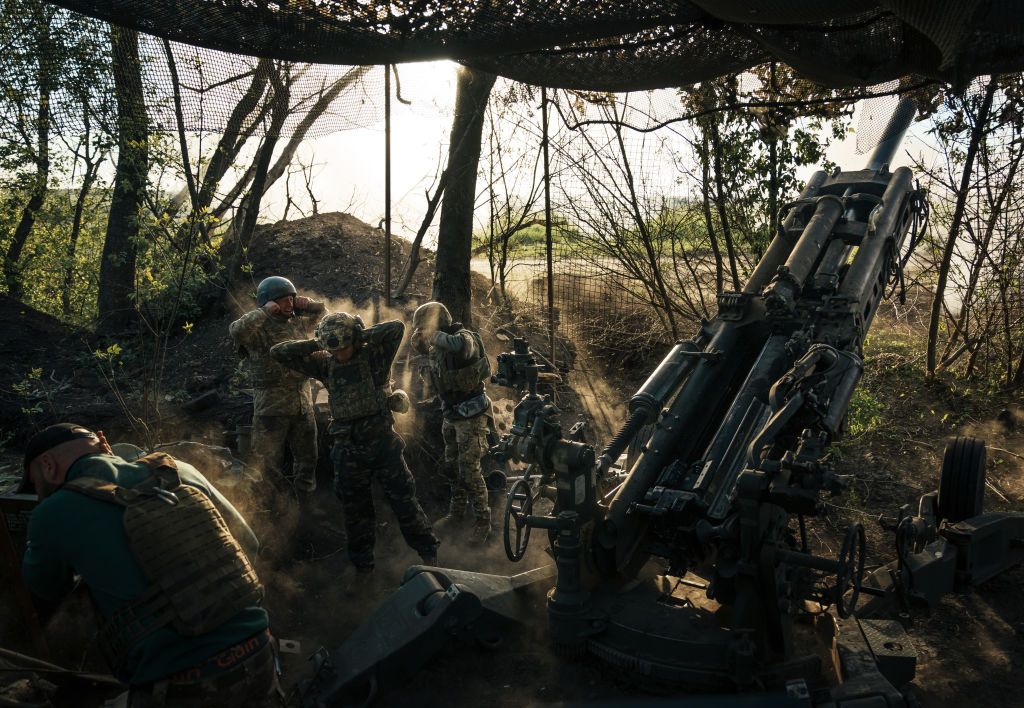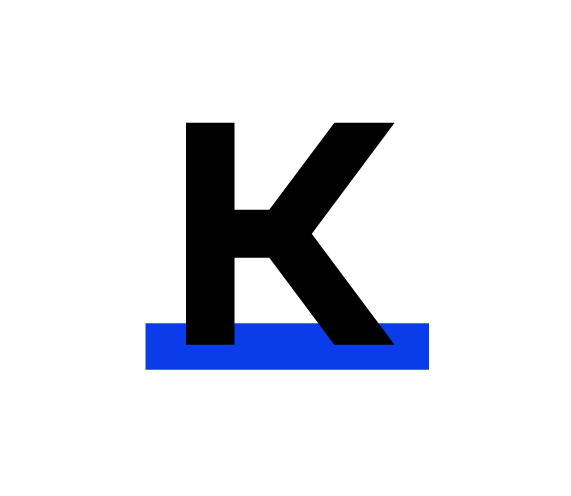Key developments on Aug. 23:
- Ukraine withdraws from positions near Pokrovsk to avoid Russian encirclement, ISW says
- Ukraine confirms sinking of Russian ferry in Kerch Strait
- U.S. targets around 400 individuals, entities in Russia, third countries in new sanctions package
- Norway to finance production of NATO-standard artillery shells in Ukraine
- Biden announces new aid package for Kyiv ahead of Ukraine's Independence Day
- Latvia prepares largest batch of drones yet for Ukraine
U.S. President Joe Biden held a call with his Ukrainian counterpart Volodymyr Zelensky on Aug. 23 and announced a new aid package on the eve of the Independence Day of Ukraine.
The Associated Press reported the day before, citing unnamed American officials, that the U.S. was preparing to announce a military aid package worth about $125 million for Ukraine.
Biden did not disclose the amount of the new aid but mentioned that it would include air defense missiles, counter-drone equipment and anti-armor missiles, ammunition for front-line soldiers, and mobile rocket systems, according to the White House's statement.
Meanwhile, the Norwegian government will provide Kyiv with its defense technology and finance the production of 155-millimeter artillery shells developed by the Nammo (Nordic Ammunition Company) in Ukraine, according to its Aug. 23 statement.
Since the beginning of Russia's full-scale invasion, Ukraine has made a wide-reaching shift to NATO standard 155 mm artillery, as Kyiv's partners had a short supply in stock of Soviet-caliber shells – 122 mm and 152 mm.
Norwegian Prime Minister Jonas Gahr Store said that Ukraine has a great need for artillery ammunition to counter Russian aggression.
Therefore, the ammunition manufacturer Nammo has signed an agreement, allowing the licensed production of 155-mm artillery shells in Ukraine. As a result, Ukrainian troops will receive ammunition faster, according to the statement.
Ukraine confirms sinking of Russian ferry in Kerch Strait
Ukraine's navy has confirmed the sinking of a Russian ferry called the Conro Trader at the Kavkaz port in Russia's Krasnodar Krai on Aug. 22.
Speaking to Radio Free Europe/Radio Liberty (RFE/RL) on Aug. 23, Dmytro Pletenchuk, a spokesman for the Ukrainian Navy, said the vessel was used to transport fuel and weapons to Russian forces.
"Therefore, this is a completely legitimate target," he said.
Pletenchuk did not specify which weapons were used in the attack.
The Crimean Wind Telegram channel on Aug. 22 published photos and videos showing smoke rising over the Taman Peninsula in Krasnodar Krai.
Soon after the attack, the ferry in a Russian port sank, local Russian authorities reported, adding there were 30 fuel tankers onboard at the moment of the strike. The work of the Kerch ferry crossing was halted, according to the Russian Transport Ministry.

U.S. targets around 400 individuals, entities in Russia, third countries in new sanctions package
The U.S. imposed new sanctions on Aug. 23 against nearly 400 companies and individuals in Russia and third countries for aiding Moscow's war effort, the Treasury Department announced.
A number of Chinese companies were included in the list.
Western countries have imposed extensive economic restrictions against Moscow over its full-scale invasion of Ukraine, seeking to curb its budget revenue and prevent it from obtaining key technologies needed for the war effort.
The U.S. Treasury Department imposed sanctions on around a dozen distinct networks, designating more than 100 targets across 16 jurisdictions, including China, Switzerland, Turkey, and the United Arab Emirates. They help Russia to evade sanctions, the Treasury said.
The sanctions also include more than 60 Russia-based technology and defense companies that are critical for the development of Russia’s defense industry, according to the Treasury statement.
"Russia has turned its economy into a tool in service of the Kremlin’s military industrial complex... Companies, financial institutions, and governments around the world need to ensure they are not supporting Russia’s military-industrial supply chains," Deputy Secretary of the Treasury Wally Adeyemo said.
The U.S. also target Russia’s chemical and biological weapons programs as well as entities involved in Russia’s metals and mining sector.

Ukraine withdraws from positions near Pokrovsk to avoid Russian encirclement, ISW says
Ukrainian forces southeast of the embattled city of Pokrovsk, Donetsk Oblast, have withdrawn from their positions in the area and avoided being "tactically encircled" by Russia's advancing troops, the Institute for the Study of War said on Aug. 22.
Moscow began concentrating its efforts in the east, "throwing everything they have" in the Pokrovsk direction after Russia's Kharkiv Oblast offensive failed, President Volodymyr Zelensky said in late July.
Pokrovsk is an important logistical hub for the Ukrainian forces that supports their operations in Donetsk Oblast.
On Aug. 15, residents of Pokrovsk were urged to evacuate as soon as possible because Russian troops were 10 kilometers from the outskirts of the city.
"Recent Russian advances in the Pokrovsk direction appear to have prompted Ukrainian withdrawals from limited positions southeast of Pokrovsk, and Russian forces have likely failed to achieve their apparent objective of tactically encircling Ukrainian forces in the area," the ISW wrote.
The report cited geolocated footage that indicated Russian forces had taken the village of Ptyche and the "remainder of the east bank of the Karlivske Reservoir in the area."
A spokesperson for the 59th Separate Motorized Infantry Brigade operating in the Pokrovsk sector told Suspilne that some units had withdrawn from positions in the area to "preserve the lives of servicemen."
The Associated Press reported on Aug. 22 that poor training of new recruits was a factor in Ukraine's inability to hold some positions.
The ISW stressed it had seen no evidence of "chaotic Ukrainian withdrawals in the Pokrovsk direction," and the lack of any major advances by Russian forces suggested they had avoided a tactical encirclement.
Russian forces have been slowly but consistently gaining ground in Donetsk Oblast, and the front-line areas of Pokrovsk and Toretsk have borne the brunt of attacks in recent weeks.

Latvia prepares largest batch of drones yet for Ukraine
Latvia is preparing to transfer its largest batch of drones yet to Ukraine, the country's Defense Minister Andris Spruds said on Aug. 22.
In a post on X, he said the latest shipment consists of 1,400 drones, and it marked the conclusion of a program between the country's defense ministry and Latvian manufacturers that had procured 2,700 drones in total.
"Together with Latvian companies, we will continue to provide support until the victory of Ukraine," he added.
The drones have been provided in the framework of the international drone coalition.
In early July, the defense ministry announced that Riga would send more than 2,500 combat drones of different types, worth 4 million euros ($4.3 million), to Ukraine.
Spruds announced back in May that the Latvian government would invest around 20 million euros ($22 million) in the drone coalition this year, and a similar sum to the development of Latvia's own drone capabilities.














